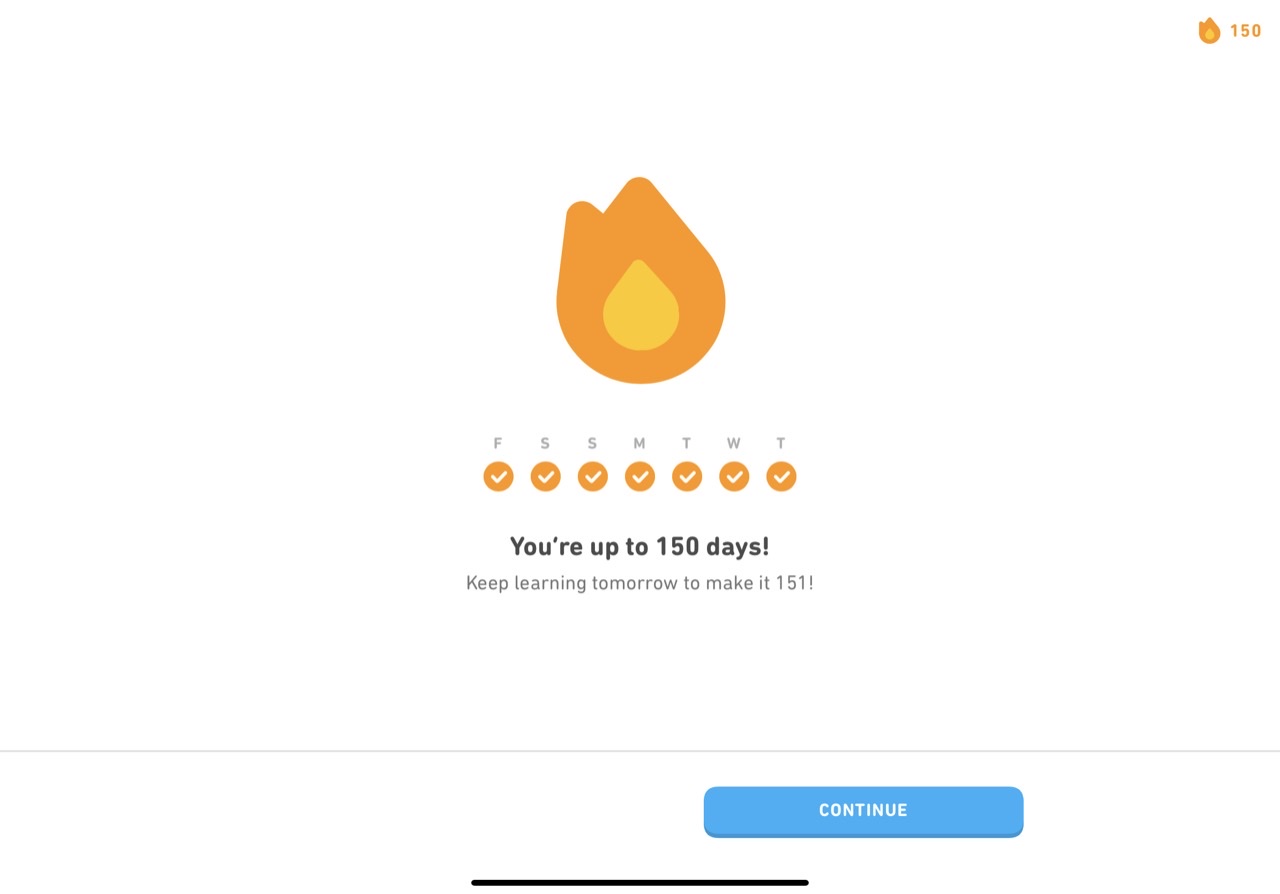I took four years of German in high school and two in college. And then I didn’t speak it for about twenty years. By the time I was a young adult and my brother hosted an exchange student from Germany, I didn’t even try to speak to her in her native tongue. All I could remember at that point was danke (thank you), auf wiedersehen (good bye, and probably more because of The Sound of Music than anything), and Ich spreche nur ein bisschen Deutsch (I only speak a little German). Oh, and this weird exchange that my high school German teacher, Frau Lewis, promised we’d remember for the rest of our lives.
Willst du meinen Hamster sehen? Streichle ihn. Hab keine Angst. Er hat es gern! Which means: Would you like to see my hamster? Pet him. Don’t be afraid. He likes it!
Weird, right? But Frau Lewis was right.
Anyway, when we started planning our 2017 Europe trip and intended to spend quite a lot of time in Germany, I decided I should refresh my memory of the German language. Andrew told me about Duolingo, and I was skeptical that it could be very good since it was free. But I was wrong. I really like the style. And, after about a week, I somehow unlocked the part of my brain that stored the German language, and I progressed fairly quickly through the first level.
At this point, I’ve been doing Duolingo on a nearly daily basis (with a break in 2017 when we were actually in Europe) for five years. And I am more confident in my German speaking skills than I ever was before. A few months ago I was within a few months of finishing the Duolingo German course, but every year or so they reset the curriculum, and I ended up going back to Level 0 (there are five levels in every skill) in most of the first couple dozen skills. So I’m back to the basics, but there are a lot of new nouns that I’m excited about learning.
Right now, my favorite German word is Kopfkissen. It means pillow, but literally it means head (Kopf) pad (Kissen). Which is so much better than pillow. My next favorite German word is Eichhörnchen – squirrel. An Eichhorn is an acorn. The suffix -chen typically means small. So a squirrel is a “small acorn.” Of course, it‘s just a little rodent that likes acorns. But it‘s a fun word to me. Although exceptionally difficult to pronounce!
All of this discussion is really for one purpose, which is to brag. Yesterday I reached a 150-day streak of doing at least 20 points worth of German each day. I‘ve reached a hundred days a couple times before, but this is my first at 150, and I like it.
I‘ve already decided that when I finish the German course, I‘m going to continue to review German skills every day but then also try to learn Spanish. Because right now I can say hello (ola!), order a cheeseburger, please (hamburgesa con queso, por favor), and ask about a bathroom (el bano?). I have a looooong way to go!

I minored in Spanish, earned mostly A’s, and still couldn’t speak it properly when I graduated. Now it’s almost all gone!